In today’s digital age, data can be described as the new oil. It’s a valuable resource that powers businesses across various industries, including the hospitality sector. You provide your personal information when you book a bed and breakfast (B&B) or any accommodation online. But have you ever wondered who owns this data and how it’s used? This blog post will delve into the complex world of data ownership in the hospitality industry, specifically regarding reservations at establishments such as Bed and Breakfasts.
The Data Collection Process
Before exploring data ownership, it’s essential to understand what kind of data is collected during the reservation process at B&Bs. When you make a reservation, you typically provide information like your name, contact details, payment information, and potentially some special requests. Some B&Bs may also request dietary preferences or information about your travel companions.
This data is crucial for B&Bs to provide you with the tailored, pleasant experience that makes for a unique and memorable stay. For instance, knowing about dietary restrictions ensures they can serve you breakfast that meets your needs. However, the collection of this data raises questions about privacy and ownership.
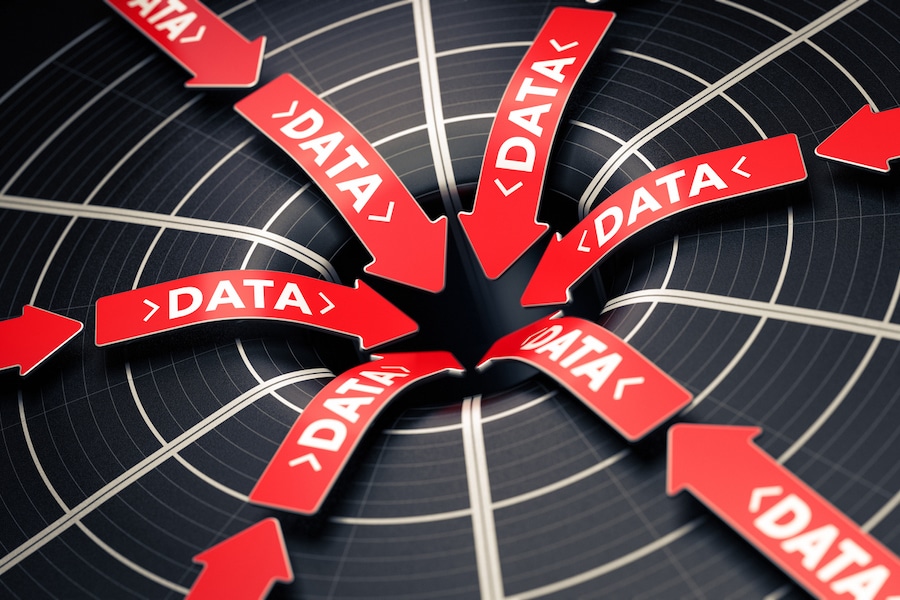
Data Handling and Privacy Policies
All reputable B&Bs have privacy policies to inform guests about how their data will be handled. These policies should outline what data is collected, why it’s collected, and how it will be used. They should also clarify who owns the data and what rights guests have regarding their information.
When you provide your data during the reservation process, you’re essentially entering into an agreement with the B&B. This agreement stipulates that the B&B can use your data for the purposes outlined in their privacy policy. It’s essential to read these policies carefully and understand how your data will be used.
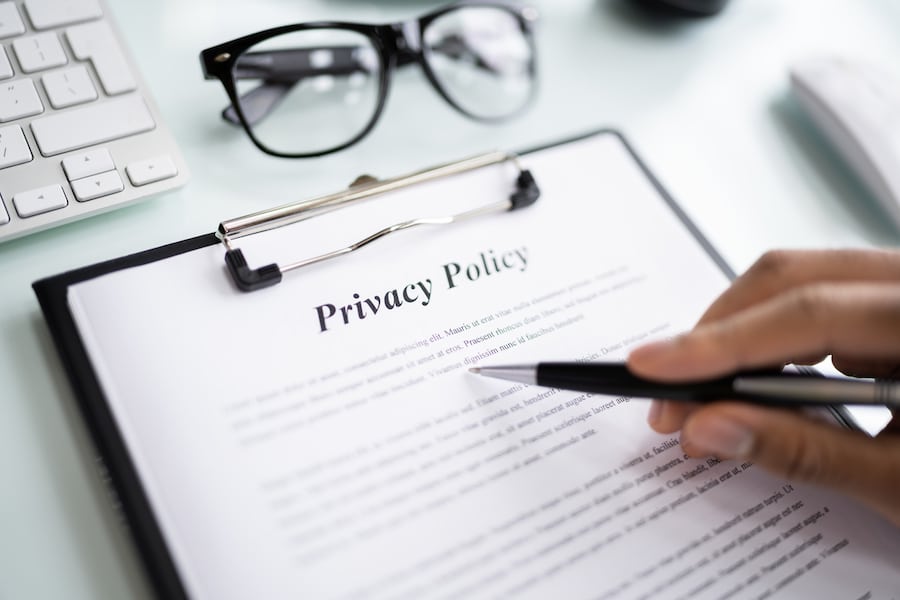
Legal Frameworks and Regulations
Data privacy is not just a matter of business ethics; it’s also subject to legal regulations. For instance, the General Data Protection Regulation (GDPR) in Europe and the California Consumer Privacy Act (CCPA) in the United States have significant implications for data ownership in the hospitality industry.
Under these regulations, individuals have certain rights regarding their data, including the right to access, correct, and delete their information. B&Bs must comply with these regulations, impacting data ownership and how guest reservations are managed.
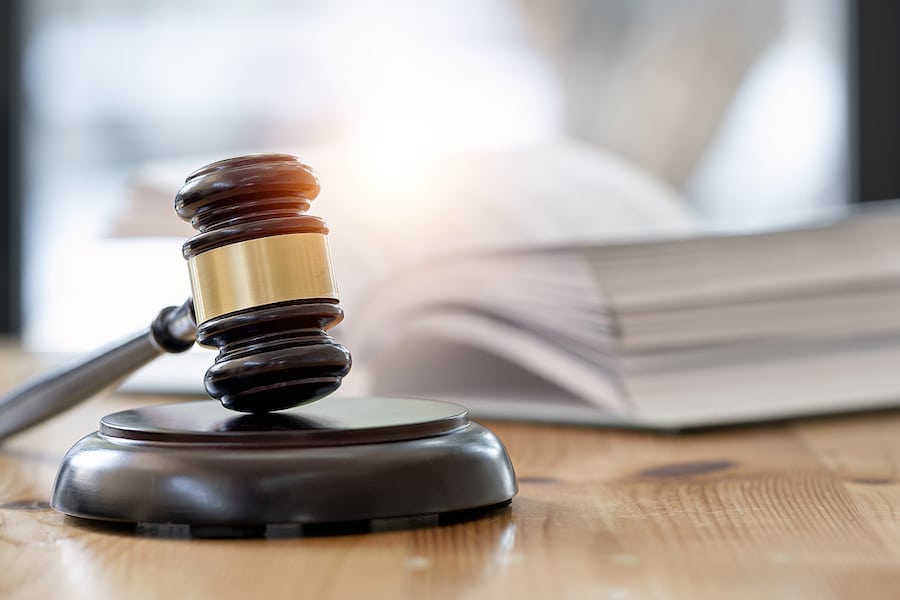
Ownership of Guest Data
So, who owns your data once you’ve provided it to a B&B? The answer isn’t always straightforward. In most cases, the B&B owns the data as part of their customer relationship management. However, this ownership is subject to the terms and conditions outlined in their privacy policy.
It’s essential to remember that while the B&B may own the data, you have rights concerning how it’s used. You can request access to your data, ask for corrections, and even request its deletion, provided it doesn’t violate the B&B’s legal obligations. However, this can become more complex when a reservation is made through a third-party booking platform.
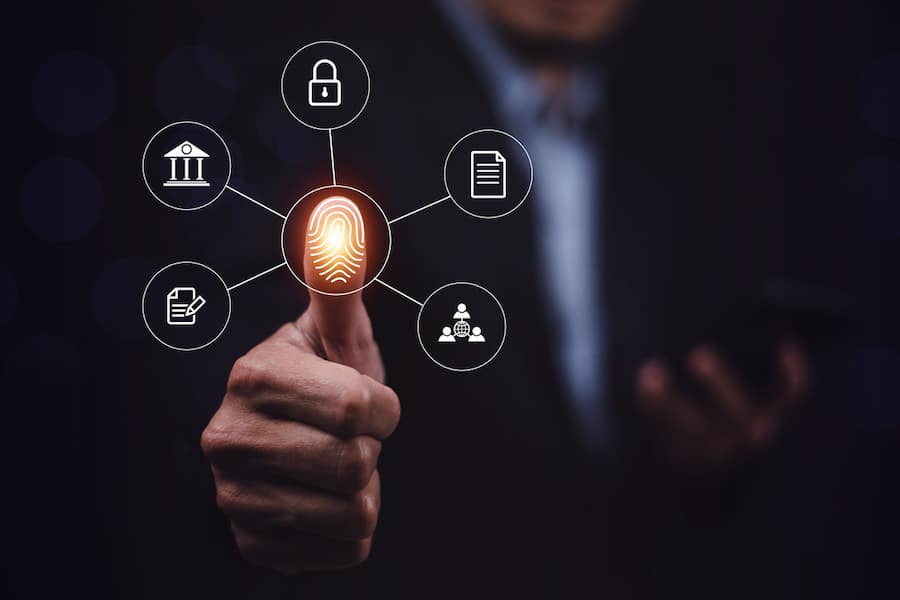
Third-Party Booking Platforms
Many B&B reservations are made through third-party booking platforms such as Online Travel Agencies (OTAs) like Airbnb or Booking.com. These platforms also collect guest data, and their policies regarding data ownership and usage may differ from those of individual B&Bs.
When you book through these platforms, your data is shared with the platform and the B&B. It’s crucial to understand how these intermediaries use your data and what rights you have in this context.
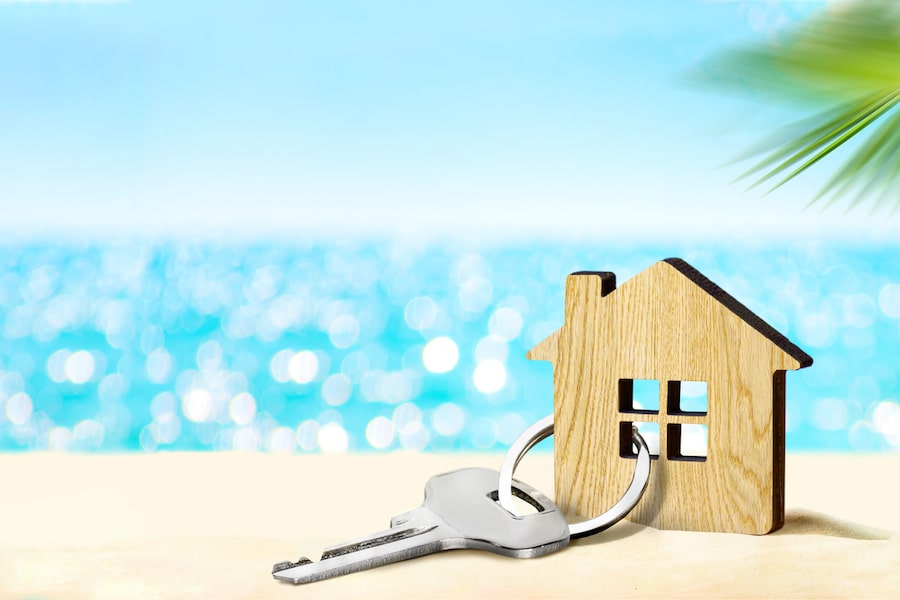
Data Security and Cybersecurity
With the increasing frequency of data breaches and cyberattacks, data security is paramount for both B&Bs and their guests. Most B&Bs invest in solid cybersecurity measures to protect the data they collect. Still, no system is entirely foolproof, and breaches can occur.
In the event of a data breach, B&Bs are obligated to inform affected guests and regulatory authorities, depending on the severity of the breach. This demonstrates the importance of data ownership, protection, and security.

Guest Expectations and Trust
As data breaches become more common, guests’ expectations regarding data privacy have evolved. Travelers want assurance that their data is handled securely and ethically. Additionally, trust in a B&B’s data handling practices can influence guest decisions and ultimately impact the business’s success.
Data ownership in the hospitality industry, especially concerning reservations at B&Bs, is a complex issue. While B&Bs typically own the data collected, guests have rights and expectations regarding its use and protection. Understanding privacy policies, legal regulations, and cybersecurity measures is essential for B&Bs and their guests to navigate this complex landscape successfully.
When managed correctly, data ownership is a shared responsibility that can lead to a safer, more trustworthy, and enjoyable experience for everyone involved in the hospitality industry.

Stay In the Know!
InsideOut Solutions creates a new blog post every week, so subscribe to our monthly newsletter to stay updated with our recent blog posts! Feel free to reach out if you have any questions about data ownership. We’re here to help!
